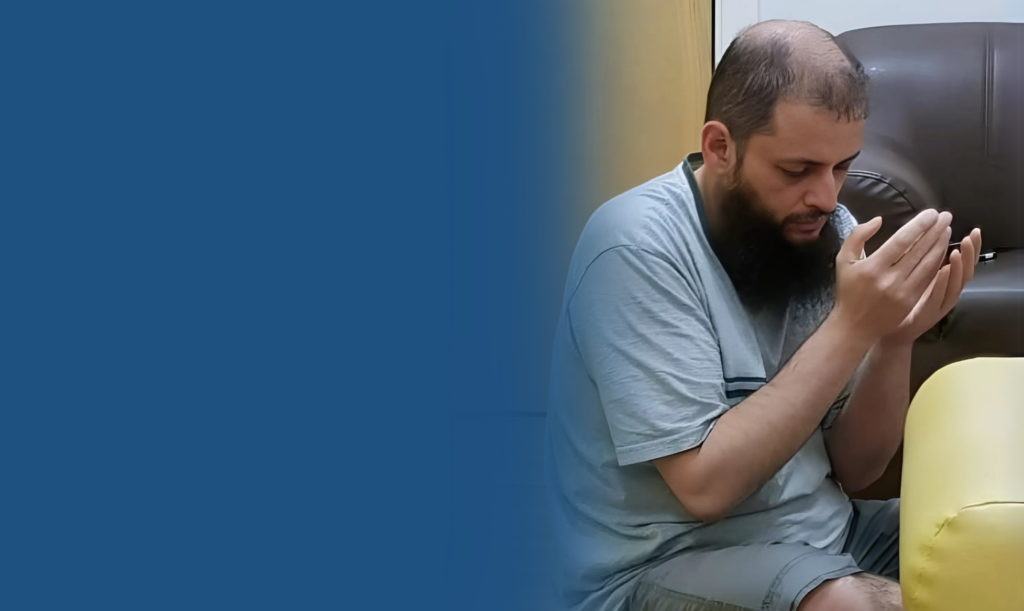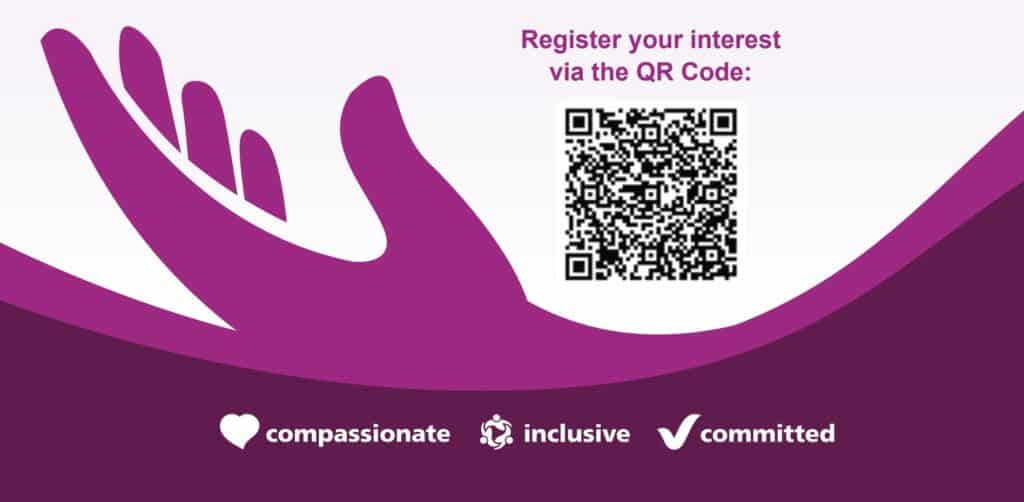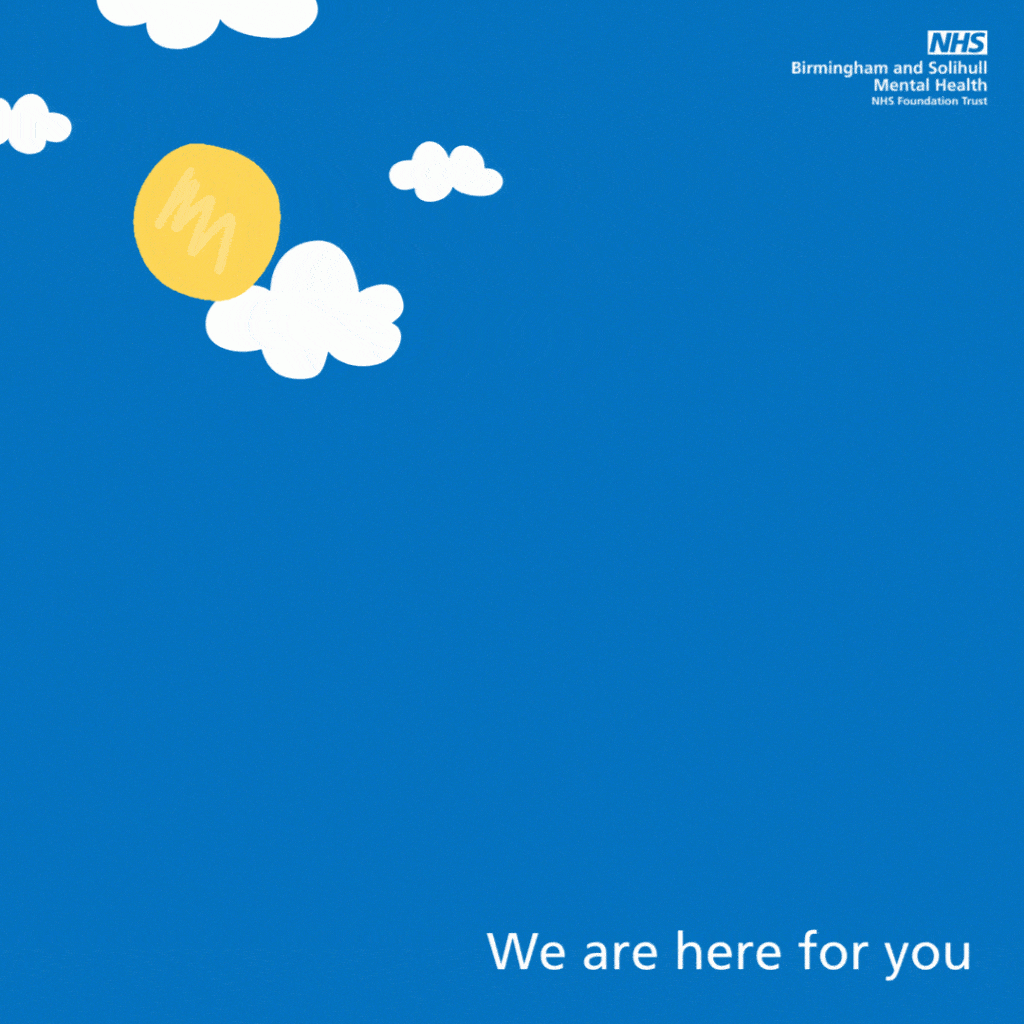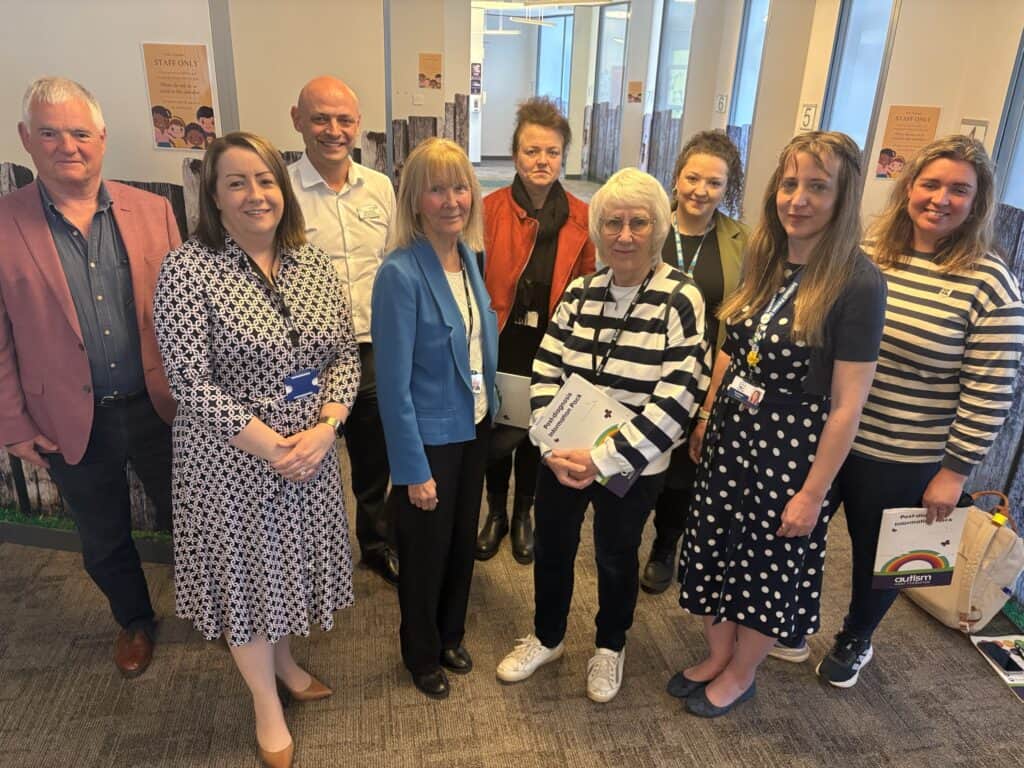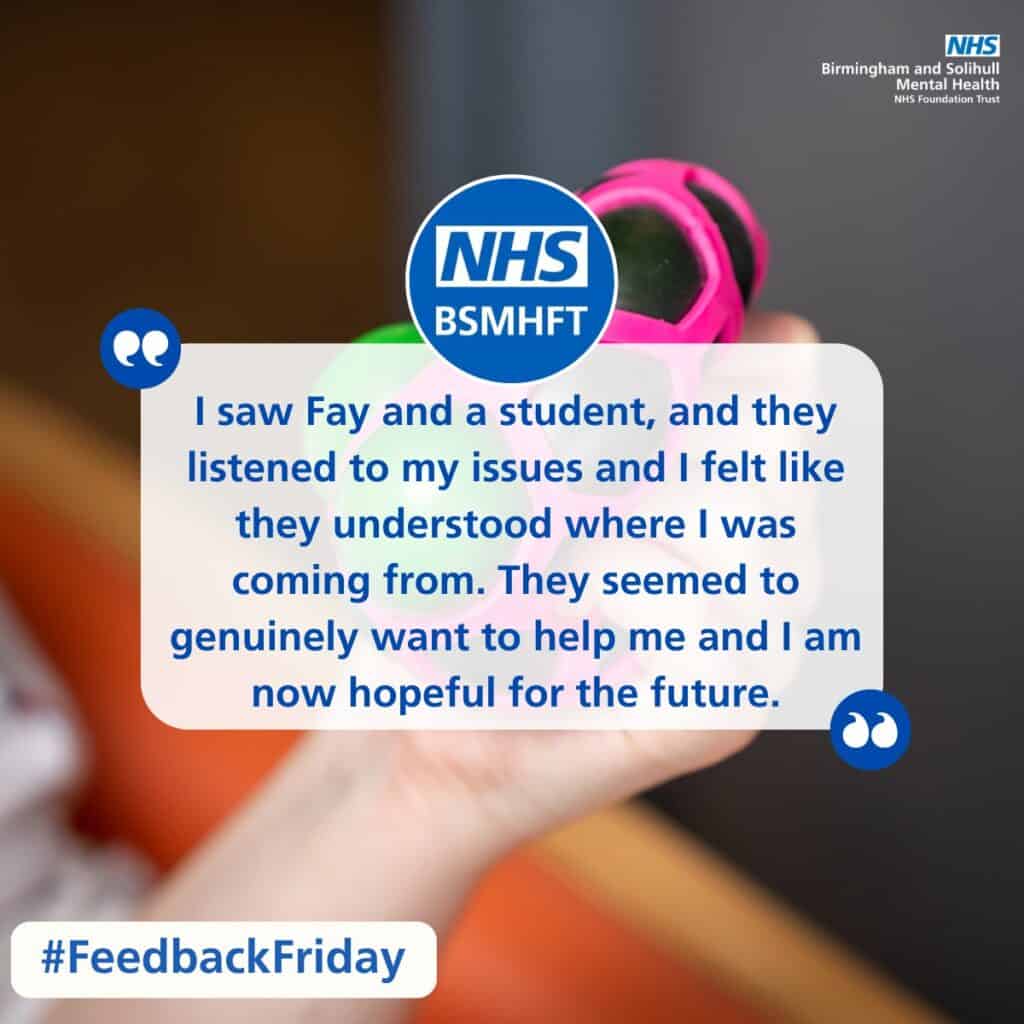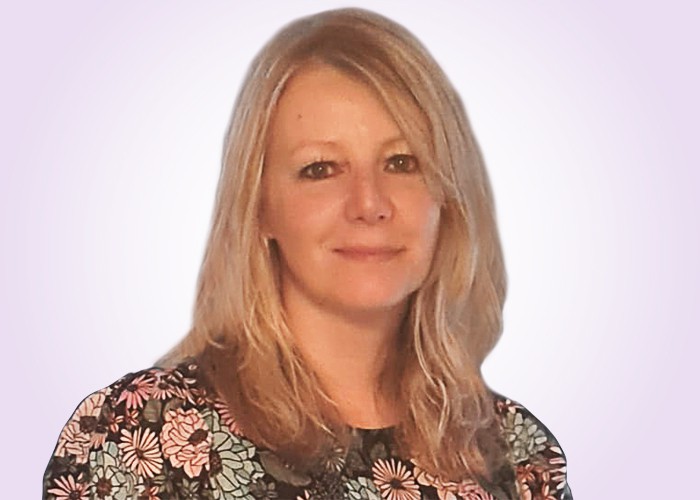On the surface everything was fine, until it wasn’t.
Brummie born Mohammed Khan, 49, opens up about his mental health journey following his nervous breakdown in 2014/15. Below, he encourages us all to treat our mental health with the same importance as our physical health. Mohammed also touches base on male hesitancy to reach out for support and how we can all play our part in challenging unhelpful stigmas.
Today, Mohammed works with our Trust as an Expert by Experience, using his lived experience to positively impact our services and decision-making. This is his story.
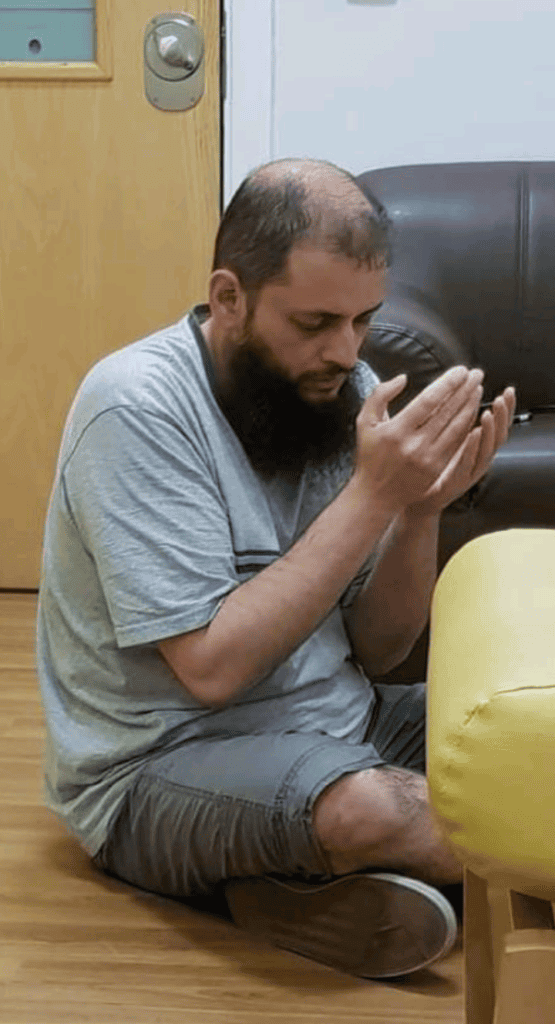
“I had a family history of bipolar disorder, but I never really knew the extent that it could impact your life until it happened to me.
Prior to my mental health struggles, I was very social, a good laugh, opinionated to the extreme on just about everything – full of energy and motivation, eccentric (according to a mate of mine).
I used to run my own business, I was married, I was an Optometrist. On the surface everything was fine, until it wasn’t. Leading up to my nervous breakdown nine years ago, I had a series of events that began to chip away at me and out of the blue one day, I had my first nervous breakdown. I was letting the stress build up and build up and dealing with it (the way I thought was best) by not sharing it with anyone.
I remember the day of my nervous breakdown pretty well. I was driving in the car with my family and I began to have a panic attack of sorts. I couldn’t think straight and began to speak gibberish, my partner at the time thought I was having a stroke and my young kids initially giggled as they thought I was doing it intentionally.
I had no idea what was happening to me.
When I was growing up, mental health wasn’t really talked about much unlike it is today. We knew about diabetes, heart disease and so on, but nobody held mental health to the same regard. You’d often hear comments like “you’ve just got to man up” which were completely unhelpful and degrading.
In addition, I came from an Asian background where the approach tends to be to always keep a “stiff upper lip” when it comes to mental health issues. Some people in the Asian community tend to blame the symptoms of mental illness on the evil eye, black magic, or demonic possession. This makes sufferers even more reluctant to come forward and seek treatment. Often people seek support from religious figures in the community, who have a reputation for ‘treating’ the symptoms of mental health issues aka as symptoms of black magic etc. The problem is, for some mental illnesses, you must seek professional mental health support to access NHS prescribed medication.
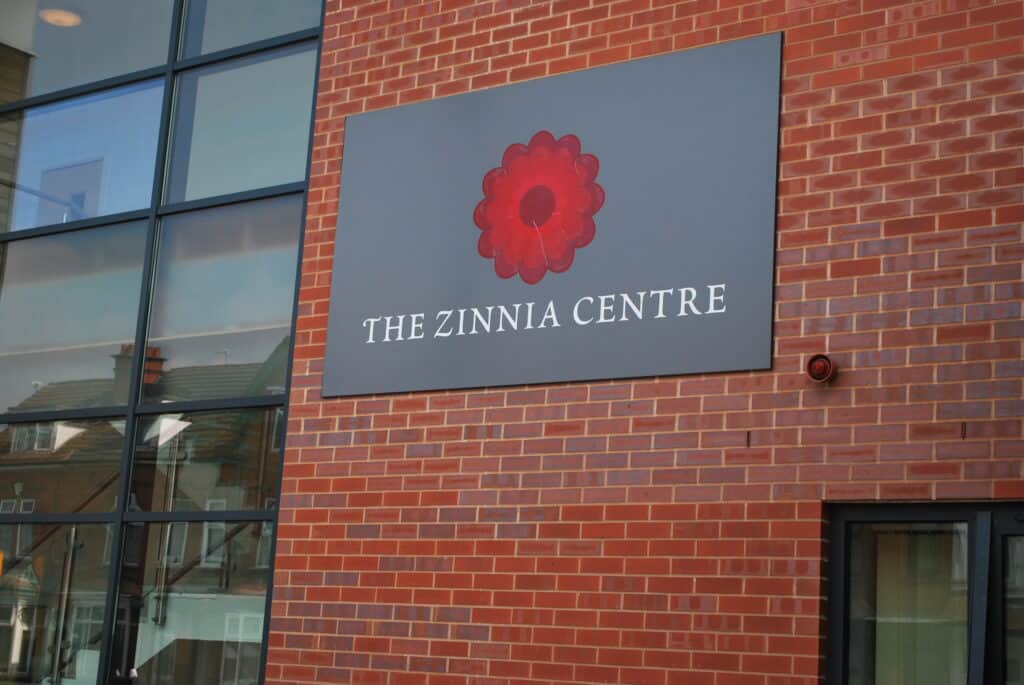
After being sectioned at the Zinnia Centre in 2018, I was diagnosed with bipolar disorder, type one. Having bipolar disorder at times is like a tornado going through your life, your finances, relationships, businesses. It affects every aspect of your life. When you become ‘manic’ your behaviour can get erratic, so people can find it hard to get along with you. On the other side of bipolar disorder is depression, it’s like going into hibernation. I didn’t answer calls, texts, I couldn’t talk to anyone. It was like hell on earth.
Mental health problems are nothing to be ashamed of and today I am in a place where my mental illness is controlled with the help of long-term medication, follow-up appointments from the BSMHFT team, my religiosity leading to mindfulness (through prayer and reading the Qur’aan) and my own wellbeing, exercise, as well as trying to help others.
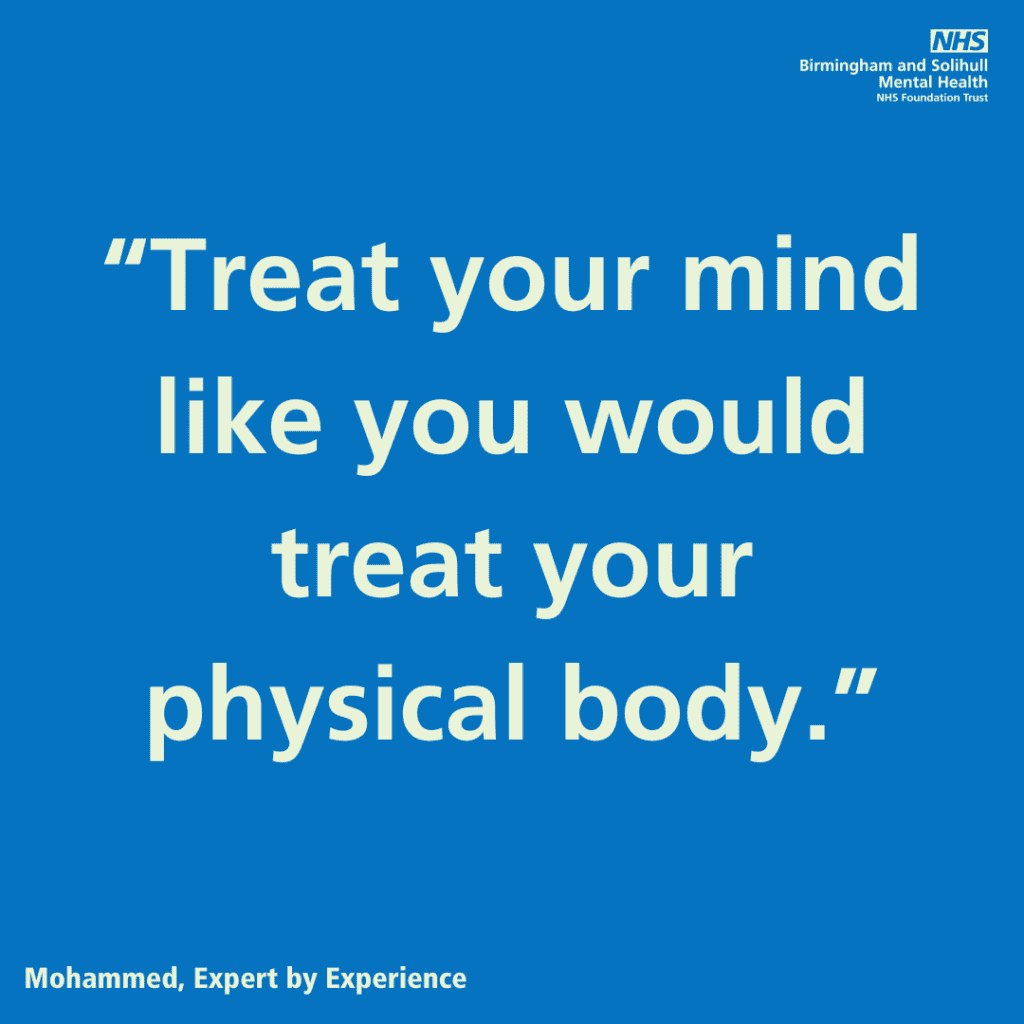
“Treat your mind like you would treat your physical body. If you are struggling, please go to your GP, listen to what they say, be persistent about getting professional NHS mental health support. If you don’t feel like you can do it alone, you can ask a loved one to come with you or help to refer you.”
We are so incredibly grateful to Mohammed for sharing his story. If you would like to share your lived experience, please email our Communications team bsmhft.commsteam@nhs.net.
Published: 3 December 2024


